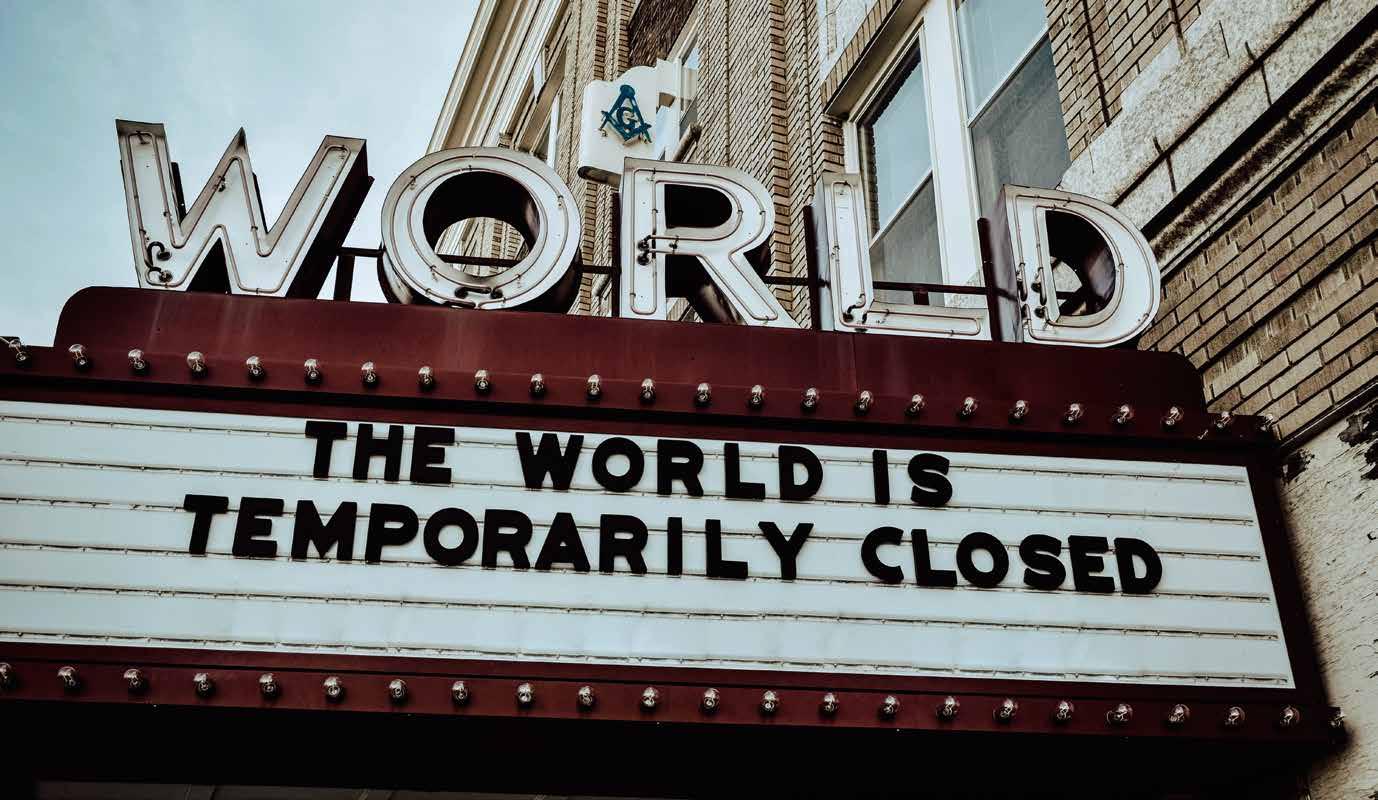Photo by Edwin Hooper on Unsplash
Is the lockdown helping us comprehend climate goals? Stopping runaway carbon emissions and ascending temperatures is seen as our biggest challenge as a global society. Has the carbon crash from lockdown during the Covid 19 pandemic shown us all that a carbon free world is at least possible? By Richard Forsyth.
F
irst, let us recap on climate change for a moment. Climate change goals can vary in different countries, but the European Union wishes to be the first major economy to be climate neutral by 2050. This would perhaps give the world a chance to keep global temperatures under the 1.5 degrees Celsius aim, this century. The problem is real and here now. In 2019, the global surface temperature of the Earth was the second warmest it has been since modern record keeping began in 1880. It was also recorded as 0.98 degrees Celsius warmer than the 1951 to 1980 mean, according to NASA. In 2019, there were many records set, in fact almost 400 alltime high temperatures were seen in the northern hemisphere. If the trend continues as it is, it is estimated that temperatures may rise by 3-5 degrees Celsius by 2100, which would be a major catastrophe and perhaps even lead a path to our demise. It is a climate emergency, but for some people it doesn’t really feel like an emergency, which could be the biggest problem of all. For those who do ‘get it’ and feel the fear, the onslaught of negative media messages about impending doom from climate change makes the challenge seem unsurmountable, like the changes needed are simply an impossible ask.
30
Since the Covid 19 crisis, however, a lot has changed, including just maybe, us too.
Reality shock There are big lessons that the Covid 19 pandemic has taught us in relation to our climate emergency. One of them, and perhaps the most important one, is that there are large scale scientific inevitabilities for our future on the course we have set, and we should no longer sideline them. Covid 19 may have surprised us, but as a social, intercontinental, rapidly expanding species and one prone throughout history to be attacked by new deadly viruses, arguably, we could have been better prepared. Around a hundred years ago, in 1918 the world faced Spanish influenza which took 50100 million people’s lives and since then we have had several less severe pandemics, as recently as 2009, facing the H1N1 virus. H1N1’s death toll was estimated as somewhere between 151,000-579,000, with an infection rate in the region of 11-21% of the global population. Pandemics are something humans have regularly had to endure through history. Yet, Covid 19 has truly shocked the majority of us. Why? Spanish flu, which was a horror story of enormous magnitude for humanity, was in another era, and people will not be alive to remember it. Today, we
EU Research






























